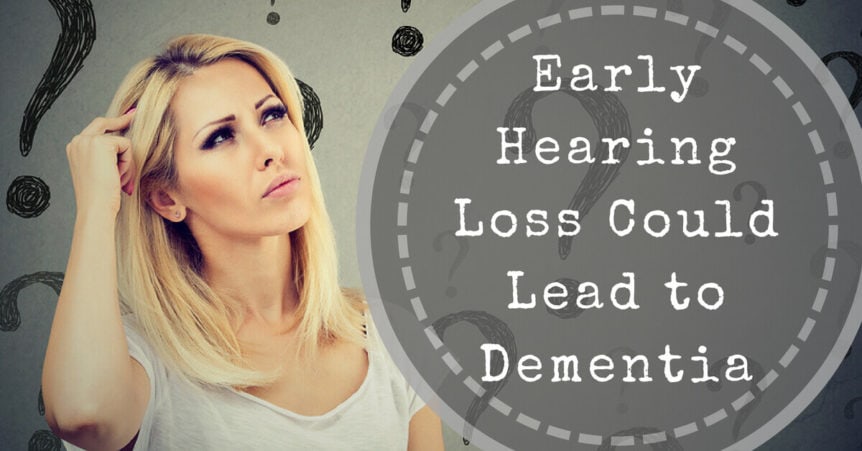- The Emotional Journey of Accepting Hearing Loss - October 25, 2024
- Making a Style Statement with Hearing Aids This Fall - October 15, 2024
- Fireplace Safety and Hearing aids - October 4, 2024
Loud, repetitive sounds can lead to hearing loss, yet we think nothing about standing in the front row of a concert by the speakers or listening to loud music on headphones. But these activities may affect the body in ways we didn’t know before and that includes early hearing loss. Be sure your hearing is intact and schedule an evaluation today at New Leaf Hearing Clinic.
Life and noise happen
Life is noisy as it is – loud traffic, airports, construction, hobbies like target shooting, motorcycling and even work at the factory all are noisy environments. When certain sounds crack a certain decibel level, they can move from harmless to dangerous. Normal “noise” would be conversation, the hum of the refrigerator or air conditioner. Louder noises would be the washing machine and louder still would be city traffic. Normal conversation is about 60 decibels, the washing machine is about 70 and city traffic would be about 80. Exposure to loud noises, above 85 decibels is considered loud, can harm your hearing over an extended period. Listening to loud (maximum volume) music on your headphones, standing or sitting close to the speakers at a concert or working with power tools -those are rated at 85 decibels. Extremely loud noise, over 120 decibels, can result in immediate hearing loss.
Brain activity changes
A recent study by researchers from Ohio State University in Columbus found young adults with minor hearing loss showed brain activity like brain activity of seniors. Lead Researcher Yuna Lee said hearing loss, even minor hearing loss, in young people shows a loss of cognitive resources. Most concerning, Lee said, was this early hearing loss could pave the way for dementia.
Lee and the other researchers recruited 35 study participants between 18 and 41. They agreed to undergo MRIs to study them listening to sentences that varied in how difficult they were to understand.
Brain activity was monitored listening to a sentence with a simple structure and then again listening to a complicated sentence. The researchers mapped brain activity and found that some of the volunteers had subtle hearing impairments and they were processing information differently. A healthy brain processes information it has “heard” only on its left side. Those in the study with minor hearing impairment showed they were processing sound on both the left and right side, something usually seen in older adults. Lee said use of the right frontal cortex for sound processing shouldn’t be happening until an individual is over 50.
Dementia likely
Normal healthy young adults, explains Lee, only use the left-brain hemisphere when working on language comprehension. As you age, you start to use the right frontal part of the brain because it is more of an effort to process the spoken language.
Lee said the right side of the brain starts to work because more effort is needed to process sound.
Lee said it is hard to say what impact this may have on a person but overcompensating to get language comprehension may hasten the development of neurodegenerative conditions such as dementia. Lee’s earlier research showed that people with mild hearing loss are twice as likely to have dementia.
Your brain works too hard
People with mild hearing loss as twice as likely to have dementia, Lee said. “And those with moderate to severe hearing loss have a three to five times the risk. Lee said it is suspected that the brain of younger adults with minor hearing loss puts so much effort into listening that it drains other resources the brain needs. This can have a negative effect on thinking and memory and that can lead to dementia.
Avoid exposure to loud sounds
Young adults need to look after their hearing and not expose themselves to loud noise. Lee said losing your hearing early is like spending your retirement money in your early 30s. It won’t be around when you need it later. New Leaf Hearing Center can administer a simple and painless hearing test so you, no matter what your age, can see if you are experiencing hearing loss and if you are – there’s not time like the present to get it treated.

